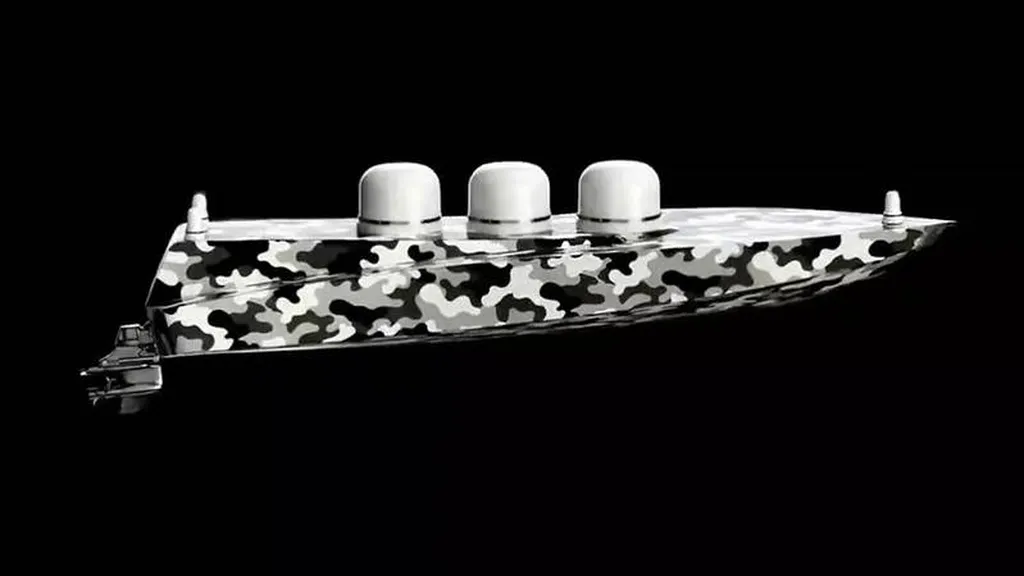Fincantieri, Italy’s maritime powerhouse, is doubling down on autonomy with a strategic alliance with Defcomm, a homegrown startup specializing in unmanned surface vehicles (USVs). The partnership, which includes a co-investment to accelerate development and industrialization, is a bold bet on the future of autonomous maritime operations.
Defcomm’s drones, already battle-tested in long-endurance missions, are designed for surveillance, intelligence, and patrol. But this isn’t just about buying tech—it’s about building it. Fincantieri isn’t just adopting these systems; it’s integrating them into its naval units, both for domestic and international customers. That means future warships and support vessels could come with USV deployment capabilities baked in, a move that could reshape fleet design and operational tactics.
The partnership also includes joint training activities to demonstrate the drones’ advanced capabilities and interoperability in complex scenarios. This isn’t just about proving the tech works—it’s about proving it works seamlessly with existing systems. For Fincantieri, this is a play to position itself as the go-to integrator for autonomous maritime solutions, not just a shipbuilder.
“This partnership confirms Fincantieri’s role as a leader in innovation and a growth engine for the entire national naval industrial ecosystem, able to catalyze the development of new technologies and anticipate the needs of a competitive and rapidly evolving global market such as that of surface drones,” said Pierroberto Folgiero, CEO and Managing Director of Fincantieri.
The implications are significant. For one, it signals that autonomy isn’t just a niche experiment—it’s becoming a mainstream capability. Fincantieri’s move could accelerate adoption across the industry, particularly in Europe, where defense budgets are tightening and efficiency is key.
But it’s not just about military applications. The same tech that powers autonomous surveillance drones could find its way into commercial maritime operations—from offshore energy to environmental monitoring. This partnership could be the spark that lights a broader shift toward autonomy in the sector.
Of course, challenges remain. Autonomous systems require robust cybersecurity, fail-safes, and regulatory frameworks. But by backing Defcomm, Fincantieri is betting it can navigate those hurdles—and come out ahead. For the maritime industry, this is a wake-up call: autonomy isn’t coming. It’s here, and it’s time to get on board.

